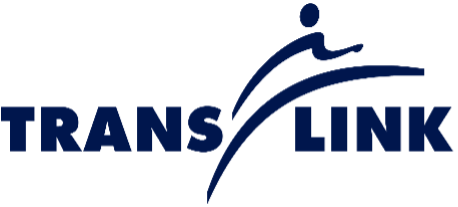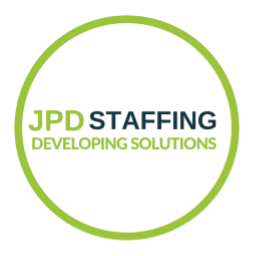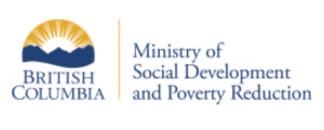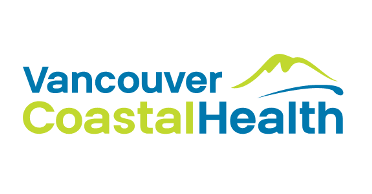The Immigration and Refugee Legal Clinc (IRLC)
The Immigration and Refugee Legal Clinic (IRLC) offers free legal advice and representation for low-income people across BC with immigration and refugee law matters. It advocates for law reform and engages in advocacy to effect widespread systemic change. It also provides mentorship to law students and junior lawyers interested in developing their careers in refugee and immigration law.
Successes in the last year included:
- Advocating for dozens of clients—including families with children, survivors of violence, and persons with disabilities—to be granted secure immigration status in Canada.
- Stopping deportations of individuals and families with children so that their legal matters could be determined.
- Providing timely legal advice to survivors of gender-based violence fleeing abusive relationships through our Gender Violence Legal Representation Project.
- Participating in systemic legal advocacy including undertaking strategic litigation to advance the rights of vulnerable people such as children and survivors of torture. For instance, in 2024 the Clinic was granted intervenor status in Robles v Canadajointly with the Canadian Association of Refugee Lawyers (CARL) and its lawyers were counsel for IRLC and CARL in its intervention, which argued that the Refugee Convention does not permit excluding individuals from refugee protection who, as children, were coerced/exploited by military actors or other armed groups into contributing to their activities.
Data from 2024–25:
- Number of full representation matters opened: 77
- Number of full representation matters closed: 80
- Number of summary advice appointments conducted: 89
- Percentage of summary advice appointments with interpretation: 59
- Number of information/referrals: 988
On February 1, 2025, the IRLC transitioned to a new host organization, the Community Legal Clinic Operating Society of British Columbia (CLCOS-BC). This transition enables the IRLC to continue to deliver, quality, direct service to low-income people across BC who are dealing with complex and urgent immigration and refugee law issues in a more coordinated way, with other community legal clinics serving different populations.
In announcing this transition, Jonathan Oldman, CEO of ISSofBC, stated that “we are proud of the IRLC’s successful evolution, seeing this transition as a natural progression. ISSofBC has a long-standing tradition of fostering growth, helping new settlement-focused services to become established, thrive, and eventually operate independently as anchors in their communities. Our partnership with IRLC embodied our core values of learning through action and driving innovation.”

















